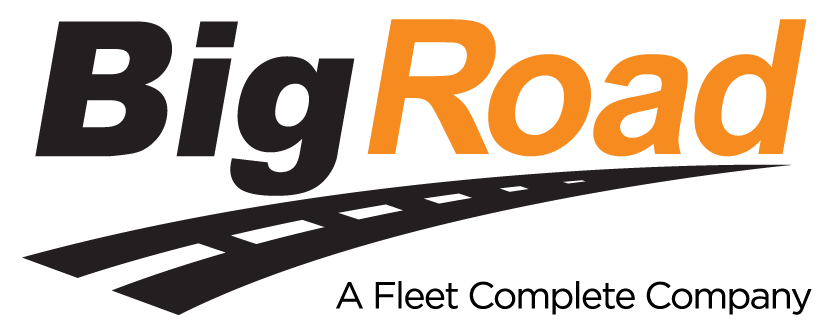As you’re well aware, running a fleet is an expensive business. You’ve got fuel costs to keep an eye on, plus maintenance checks, repairs, and more to manage. There are also hidden costs that, if left unchecked, can swiftly add up.
If there’s one thing all expert budgeters have in common, it’s their ability to know exactly where their money’s going. The same applies to fleet management: the more you know, the more control you have. And the more control you have, the more efficiently you’ll be able to operate.
Below, we’ll go over 4 key expenditures associated with running a fleet to help you keep tabs on all your outgoing costs (and thus, better manage them).
1.Fuel Costs and Vehicle Usage
Top of the list is, unsurprisingly, fuel. Fuel takes up 30% of your total fleet operating costs. According to The Trucker’s Report, commercial trucks consume at least 40 times more fuel than passenger vehicles. This is a major outgoing expense—whether your fleet’s made up of trucks, busses, HGVs, or cars—so it pays to keep an eye on it.

You can’t control fluctuating fuel prices, but you can monitor usage. You can also manage things like idling time and aggressive driving, both of which have an impact on expenses. Everything can be measured and tracked. Here are some things to think about when calculating fuel costs as a fleet manager:
- Do you know the current cost per gallon?
- Do you know how much each vehicle burns on average?
- Do you know how far your vehicles travel? This can help you predict fuel expenditure—not to mention alert you to any mileage/fuel discrepancies.
- Do you know your fixed costs per vehicle? This includes insurance, registration, road tolls, rent, etc.
- Are you eligible for fuel rebates?
- Are your drivers fully trained and operating their vehicles as efficiently as possible? Aggressive driving has a negative impact on fuel economy.
Tracking your fuel consumption per mile can give you crucial insight into your fuel economy, as well as the performance of your vehicles and those driving them.
For an extra-close look into your team’s performance, track your fuel figures with GPS fleet management software, which will notify you of problems like inefficient routes, careless driving, and staff using vehicles for personal use.
With this data handy, you’ll be able to track, measure, provide training, and take other preventative measures to lower fuel consumption across your entire fleet—all without the need for paper receipts and manual data tracking.
2.Service and Maintenance Costs
It’s no secret that commercial vehicles need regular check-ups. As a fleet manager, you’ll need to make sure each vehicle’s tires, engine, shock absorbers, and so on, are working properly.
Fail to do so and you’ll end up with a vehicle not performing to its full potential. You might also have an expensive repair job on your hands. This is where preventative maintenance comes in.
The best way to keep a firm grip on this is to track your vehicle’s odometer readings. Most preventative maintenance tasks are based on miles driven. Therefore, collecting an individual vehicle’s stats can help you stay on track. You can also use this data to monitor your drivers’ performance.
For the best results, make sure you schedule regular odometer updates and maintenance checks using fleet management software. It’s faster, and it means less paperwork for you and your drivers.
3.Fixed Costs Per Vehicle
According to the American Transportation Research Institute, the cost of operating a truck averaged $1.69 per mile in 2017, a 6% increase from the previous year. This includes driver wages and benefits, insurance, registration, accounting, rent or depot, road tolls, mobile costs, administration staff, office supplies, workover, and superannuation.
Asset tracking is a vital part of monitoring your costs per vehicle. It will help you make key decisions about things like maintenance, replacement, and driver training.
Strict monitoring can also help you stay as efficient as your competition. As the graph below shows, fleet management software is on the rise—and as with all things in business, it’s better to be ahead of the curve than to have to play catchup.

Effective metrics management is a vital part of controlling your operating costs. The more you know, the better. If you want to keep track of your fleet’s costs by always having the information you need, learn more by requesting our demo.
